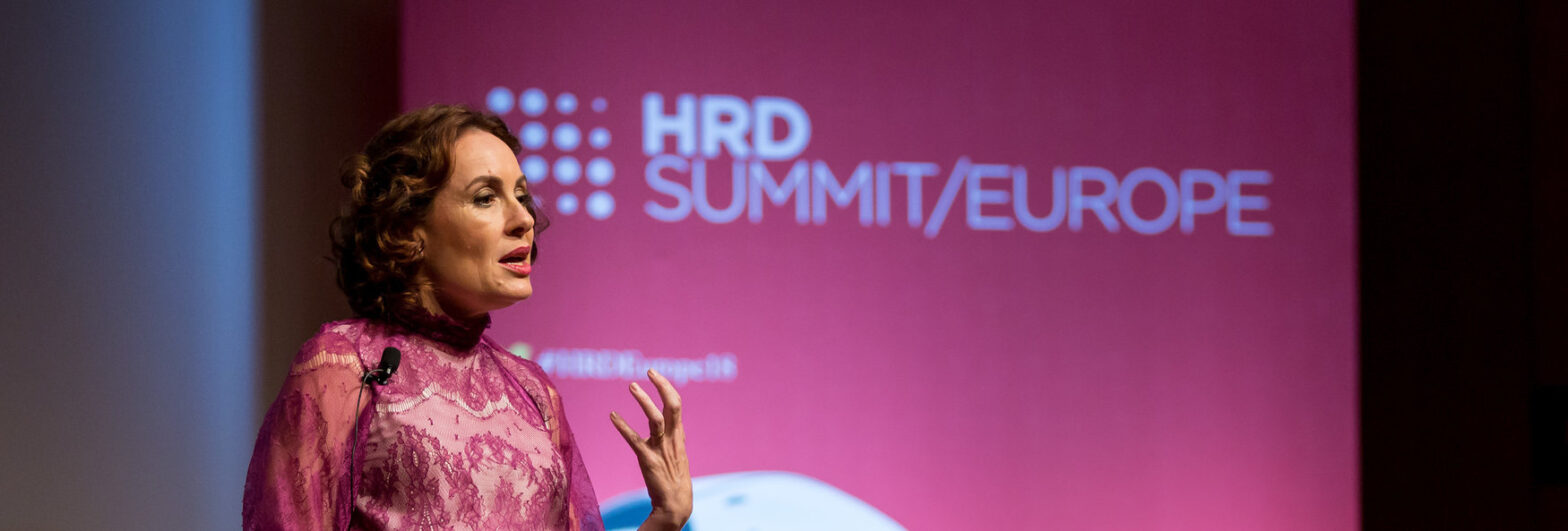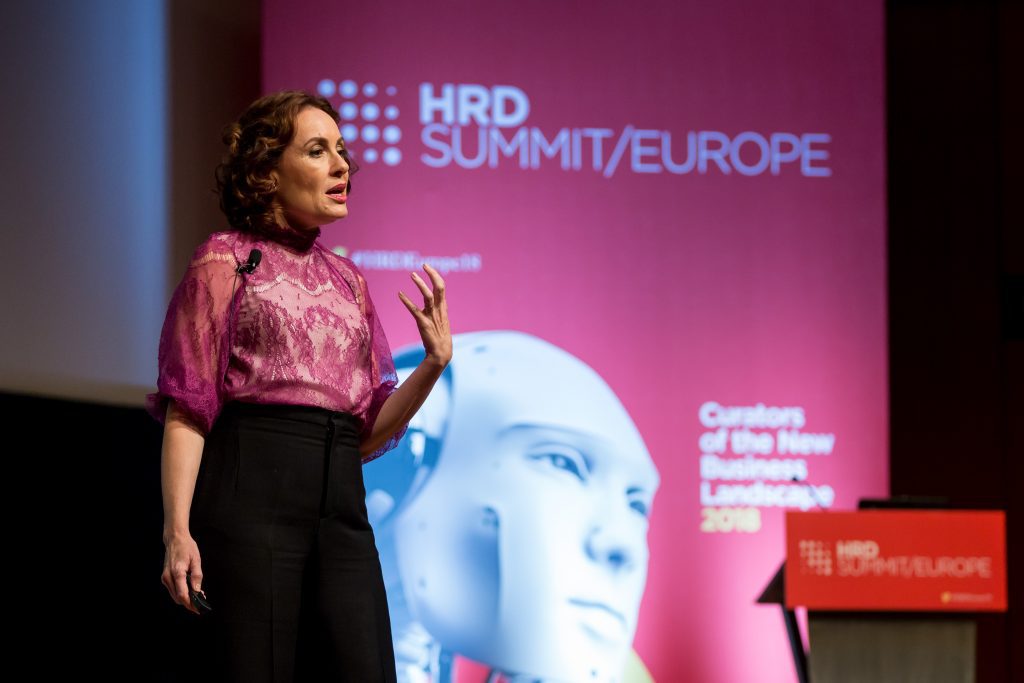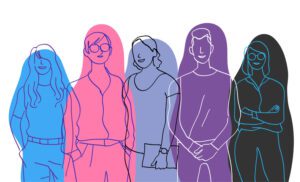Dr Susan David: Emotional Agility
- 5 Min Read
Dr. Susan David, keynote speaker at HRD Summit/Europe 2018 addresses the vast subject of emotional agility juxtaposed with emotional rigidity within our working and personal lives.
- Author: Emily Sexton-Brown
- Date published: Jun 4, 2018
- Categories


David explored this idea within the workplace when you are emotional about something it’s almost like people don’t have the time to deal with the issue, both the person going through the issue and those around them.
“When you think of your organisations – think of the essential humanity of the people you work with.”
David talked about her 8th grade English teacher, who encouraged her to write her feelings and urged her to tell the truth in her writing. Which, in turn, became the gateway to her future career.
“It was a simple but revolutionary action that shaped my life’s work,” said David. It was moving her from an emotionally rigid mindset to embracing emotional agility. Like a gymnast stepping onto the mat for the first time.
“Why aren’t we addressing this at work? Depression is one of the biggest issues – yet are we emotionally rigid in our responses as managers?” David asked.
Susan said sometimes we unintentionally make our children be non-emotional. At work we want our employees to behave a certain way and we base this upon the values of the organisation. However, this behaviour is not consistent with human beings and human agility.
“People tell me they don’t want to try because they don’t want to be disappointed or fail. However, only dead people have these emotions – they don’t react, they don’t have feelings and they don’t have broken hearts. Sadness is part of the emotional experience.” David said.
How do we start to think about emotional agility?
David talked about the world we now work in and the level of complexity that artificial intelligence (AI) demands and questions how do we balance this with emotional agility?
“We then need to consider why we might close up at work,” David said. She talked about the scenario of being undermined in a meeting – and reasoned that you don’t feel like being inclusive because you feel excluded, she then said, “I’ve never met a leader who doesn’t want to be inclusive.” So, why would leaders not encourage emotional agility if emotional rigidity is leading to employees feeling excluded, ostracised and undermined?
“When you can bring your entire self to work and not treat people like cogs in a machine – this is truly when authentic agility and happiness happens.”
People in organisations don’t always mean to be transactional, “Sending emotionless emails, or not giving the perfect response – but when you are expected to respond to masses of emails regularly how can you be emotional but at the same time incorporate the transactional aspect needed in roles?” David questioned.
What is emotional agility?
The ability to be with ourselves around others who are dealing with change, we need to be courageous and have conversations that are difficult said David. “Be courageous, compassionate and curious – move from seeing one solution and begin to recognise there are many opportunities that are out there for us.”
“Our emotions contain data – critical data.”
David then discussed her personal approach to emotional agility and how companies could also absorb this into their culture. She discussed the importance of ‘showing up’.
When organisations ‘show up’ and create spaces that are psychologically safe without scapegoats that’s when you know you are building a stronger culture. “There is no innovation without the discomfort for potential failure.” David said.
For David, human reality is the acceptance to the prerequisite to change. When you can bring your entire self to work and not treat people like cogs in a machine – this is truly when authentic agility and happiness happens.
“Our emotions contain data – critical data,” said David. Although we should always talk, it doesn’t mean that all actions are ok, for David the importance of acknowledging people’s feelings are important but you can’t always agree with actions. She gives the example of her son feeling frustrated with his younger sister, at times she can see his frustrations, however, she wouldn’t agree with him giving her away in a shopping centre – and it’s the same for us at work. David urged that as leaders and colleagues we need to know what they correct level of support is.
David encouraged us to ‘walk your why’. When leaders help people to surface their own values, this is where the depth lies. We are all so influenced by others, it protects us from ineffective decision making. Leaders helping people to do this is so valuable and will help create a depth of emotional agility.
David ended on a poignant note, talking about courage within workplaces and said, “Courage is not the absence of fear, it’s fear walking. When you think of your organisations – think of the essential humanity of the people you work with.”









